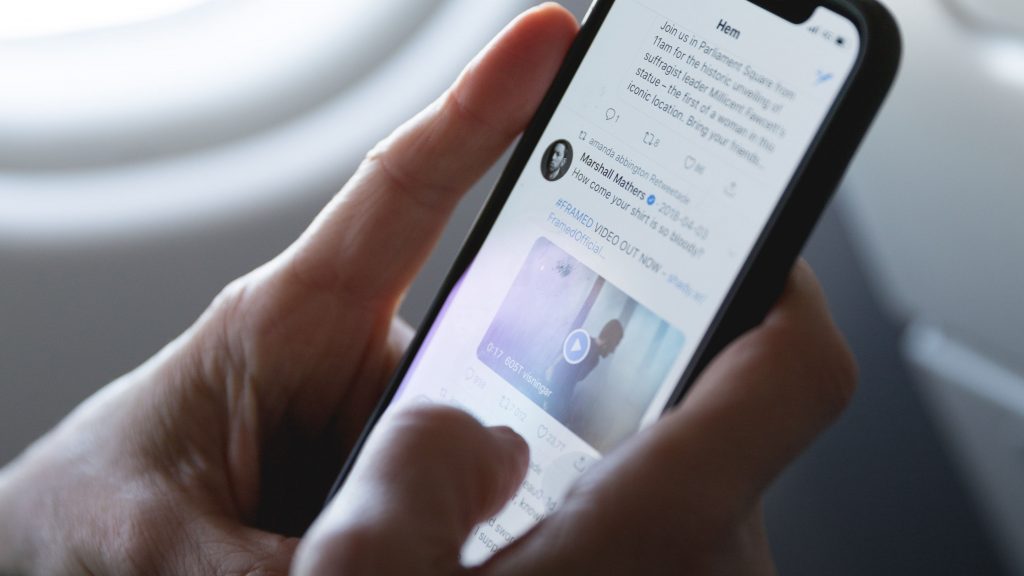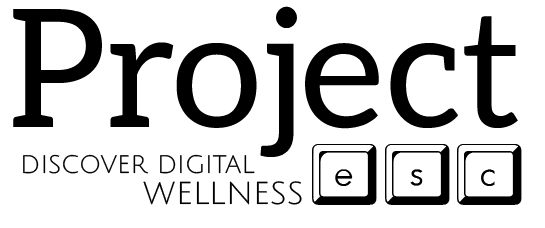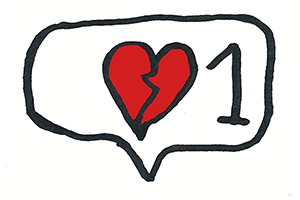The World Wide Web turned 30 in March 2019. Here’s three things we’ve gained since 1989

The World Wide Web, the collection of webpages found on computer networks, turned 30 this month.
In 1989, British computer programmer Tim Berners-Lee wrote a proposal for an ‘information management system’ at CERN, the European Particle Physics Laboratory in Switzerland.
His management system was revolutionary, connecting existing computer systems into a network which has now evolved to incorporate advancing technology and creates connections between people and computers around the world.
Although the internet and hypertext already existed, it wasn’t until 1991 that the first webpage was published. Since then there have been more than 1.9 billion websites created on the World Wide Web.
Berners-Lee suggested three technologies to connect computers: HTML, URL and HTTP, and made the world’s first web browser and web server.
Here’s 3 things we’ve gained from the World Wide Web:
- A way of connecting with people around the world
The creation of the world wide web gave people the opportunity to network with other computers, and connect to people in other countries. Later, we gained email and messaging services, further allowing us to connect with people around the world and share information, stories and images.
2. A way of gaining information – without leaving home

With the world wide web, information is at our fingertips. We can learn, research, analyse and exchange data without having to leave our comfy beds at home! The world wide web makes information sharing accessible to us wherever we are – not just at work.
3. A new way of raising awareness and funds for charity

Thanks to the world wide web, technology has evolved and we can now not only send information and messages, but also support and funding. Thanks to the world wide web, and social media, we can connect with campaigns and movements that matter to us, no matter where we are. In 2017, #MeToo became an online rally against sexual assault and harassment around the world, while charity campaigns on the world wide web, such as the Ice Bucket Challenge (2014) for the Motor Neurone Disease Association, raise much-needed funds and support for charities.




